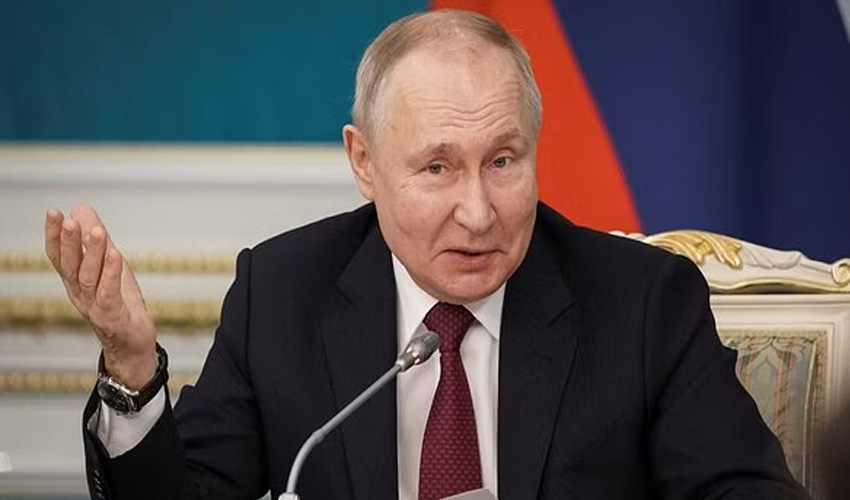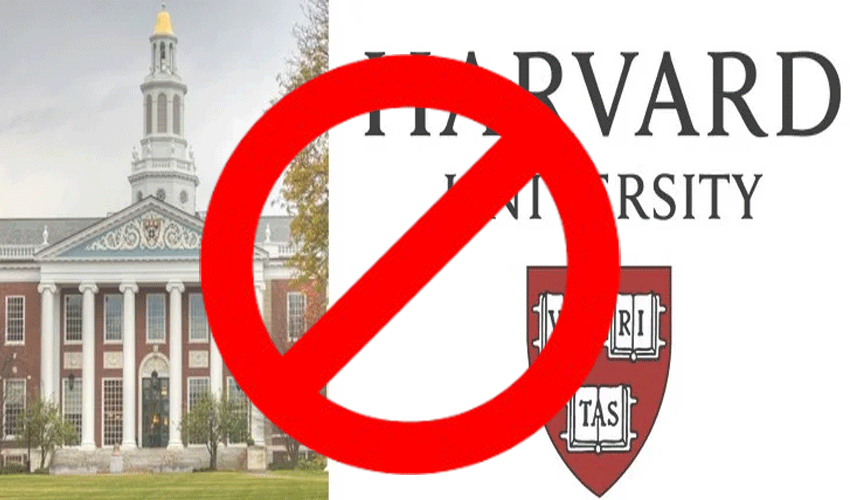As Russia concludes its three-day presidential election, marked by a surge in voter participation exceeding 70%, President Vladimir Putin appears set to secure a fifth term in office amidst a backdrop of cyberattacks and protests.
The election, which commenced on Friday, witnessed unprecedented levels of engagement, with lines at polling stations swelling as supporters of opposition leader Alexey Navalny rallied for collective turnout, aiming to demonstrate opposition support.
President Putin's bid for a new six-year term is poised to further solidify his grip on power, potentially making him Russia's longest-serving leader, surpassing even Josef Stalin.
Ella Pamfilova, head of Russia's Central Election Commission, reported a turnout of 70.81% as of Sunday afternoon, eclipsing the 2018 figures of 67.54%.
However, the electoral process faced significant challenges, with Pamfilova revealing that over 280,000 DDoS cyberattacks targeted remote electronic voting, including 215,000 directed at the voting portal itself. Despite these attempts to disrupt the process, authorities managed to thwart the attacks.
International observers and experts from 129 countries monitored the proceedings, ensuring transparency in the electoral process. Additionally, more than 125,000 Russian citizens cast their votes at polling stations across 111 countries, according to Russian Foreign Ministry spokeswoman Maria Zakharova.
However, alongside the high turnout, protests marred the election's landscape, with reports of arrests across 17 cities.
Opposition figures, including Navalny's widow Yulia Navalnaya, urged demonstrators to rally in large numbers, advocating for the spoiling of ballots or voting for candidates other than Putin.
With the first results expected later on Sunday, the outcome seems all but certain, with Putin's re-election extending his rule potentially until 2036, consolidating his status as one of Russia's most enduring leaders.
As the dust settles on this election, the nation braces for a future under Putin's continued leadership, amidst both domestic dissent and international scrutiny.



























